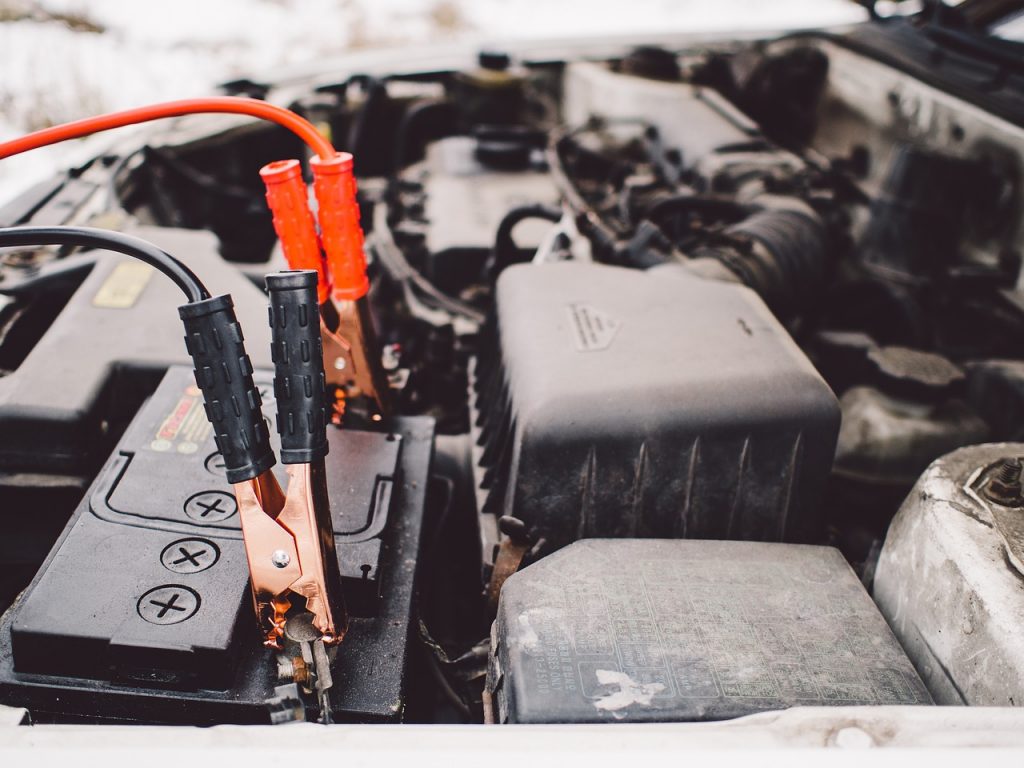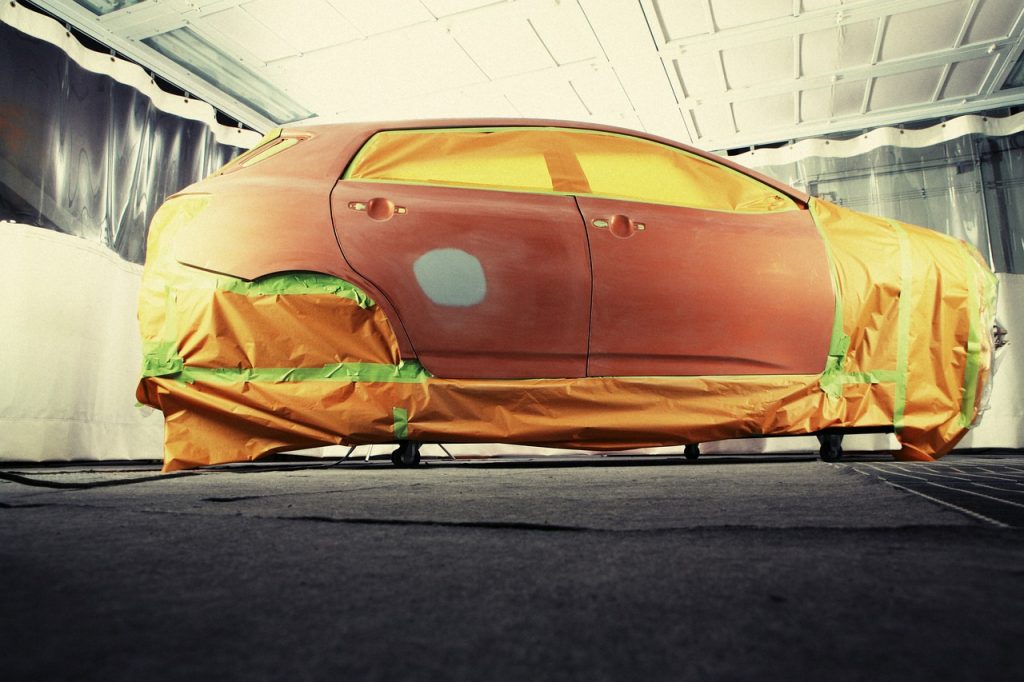
Today’s cars need top of the line electrical systems to run smoothly. But except for an abnormal battery or charging system, a common electrical problem for owners are worn light bulbs. But why consult a mechanic for small issues?
This article will get you up to speed on the top electrical issues in your car and some proactive measures to work around them.
- The Engine Won’t Start
A top issue that is familiar to all car owners is that disappointing“clicking” when you try to get the car to start. This is not good news as it means there is no electrical juice in the battery to power the engine. Unintentional discharging, or a bad battery can drain its power, but a faulty starter may be causing the issue too.
An older car with a hefty mileage will surely have at least a few faults in its electrical system. In this case, it makes sense to avoid delay in bringing it to an auto professional.
- Battery Issues
If you are having issues with your battery, then its either its past five years and already slowing down, or the problem is elsewhere, such as the alternator, or some other part in the electrical system of your vehicle. It’s either you charge the battery or replace it with a new one.
- Blown Fuse
Similar to what happens when a fuse has blown in a house, a car’s blown fuse cuts off power from that part of the vehicle. So imagine losing power to, say, your brake lights! The electrical systems in a car are all fed by the fuse box to ensure appropriate power is getting to each system. Should a fuse trip, the system will, of course, cease functioning. Fortunately, this particular issue is relatively inexpensive to remedy. You can fix this by replacing the fuse with a new one.
- Faulty Alternator
A faulty or wrecked alternator could really mess up the electric supply of your car. In fact, a sudden loss of battery power while driving could mean your new car’s alternator has urgent problems. Troubleshooting may require you to remove the battery as well as the serpentine belt, start unbolting the alternator so you can remove its wirings. This is easy if you have the tools needed and if you notice that the alternator can still be saved.
5. Loose Spark Plugs
Plugs that need tightening will undoubtedly affect the performance of your car. If you lose power as gears shift, or twitch as if the gears aren’t making contact, then the internal combustion is faulty, and the likely suspect is usually, cabling and-or the plugs. Loose spark plugs almost always require simple tightening but make sure you tighten it as recommended by the manufacturer.
Here is a summary of what you can do when these signs of electrical problems show.
- Take a closer look at the battery under the hood. Do you see some white stains near the terminals? This is a sign of corrosion; get rid of the debris with a brush.
- Take time to look at the alternator belt too. Is it coming apart? If so, you need a new one. A faulty belt can be a liability in the long run.
- Are the wires or plugs fixed properly on both ends? If not, fix this with a socket wrench.
- Do your headlights dim from time to time? Either the alternator or the battery is a culprit.
Though not an exhaustive list, use these guidelines on common electrical problems in cars to keep your ride in top shape.



